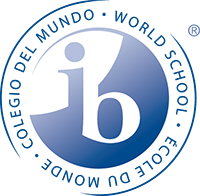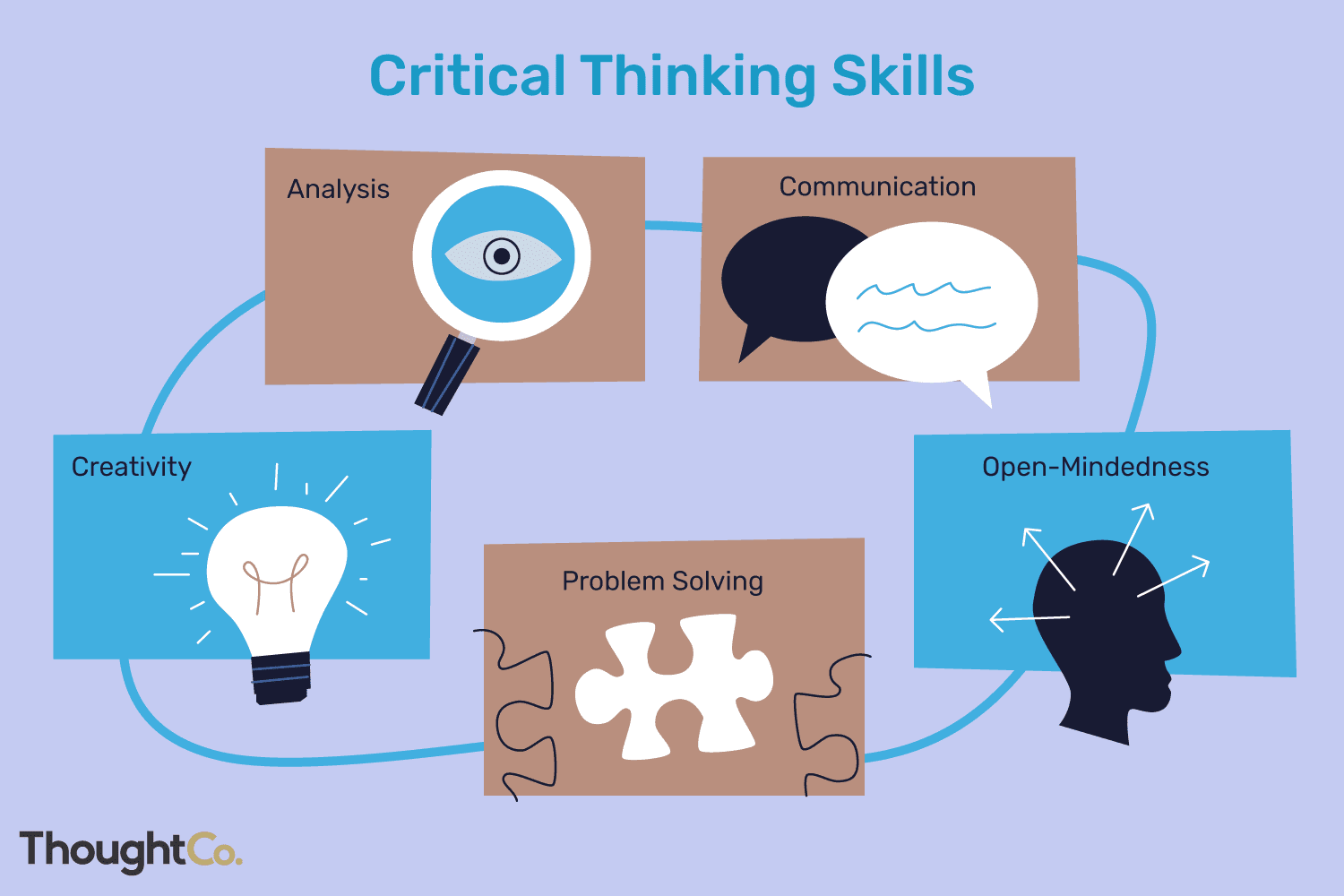Critical thinking is the ability to analyze information to come to the best conclusion, and therefore, by developing critical thinking skills, you improve your problem-solving and decision-making skills. In the IB program critical thinking skills are essential. Core Approaches to learning refer to developing strong critical thinking skills to beat academic challenges and solve academic issues. This article explores why thinking skills matter, how they shape our IB journey and specific strategies to develop them effectively.
Why are thinking skills important?
Firstly, for understanding. IB students engage with not only global problems but also social justice. They are also capable of communicating ideas and adapting to changes. Secondly, in some of the areas, such as technology and arts, students aim to find new ways to tackle problems. Moreover, critical thinking helps us develop growing mindsets. It’s about adapting to changes and self-improvement.
These skills are vital not only for IB students, but for everyday life. Critical thinking in Theory of Knowledge can be recognized through question assumptions and reasoned arguments. CAS reflects on what we’ve learned and how we’ve grown. These skills are preparing us for the future.
How to develop critical thinking skills?
Developing strong critical thinking skills requires practice. Here are a few steps for accomplishing these skills:
1. Analyze the situation
First, you need to identify the problem you’re trying to solve. Examining the context of the problem is crucial for understanding what is happening and why it is happening. You can fulfil that by asking questions such as:
What is the problem? Who is affected by this problem? What external factors may be influencing the situation? What’s happening? Why is this happening?
2. Building Personal Perspective
You should read articles, watch debates, and engage with people who have different viewpoints. Challenge yourself to consider opinions that stand in conflict with your own. It broadens your understanding and reduces the influence of personal bias.
3. Evaluate Sources Critically
Before trusting information, consider the source’s reliability. You can ask yourself:
Is the source unbiased? Is the information current and relevant?
4. Challenge Your Assumptions
Examine your beliefs and ask yourself:
Why do I believe this? Is this based on evidence or personal bias? Could I be wrong?
5. Engage in Debates and Discussions
Join groups where you can discuss current events, dilemmas, or other topics. Respectfully defend your viewpoint while being open to opposing arguments. Debates help you practice forming logical arguments.
6. Stay Curious and Keep Learning
Continuously explore new topics, whether through books, documentaries, or courses. Focus on areas you’re less familiar with to expand your knowledge base.
7. Take Time to Think
Avoid rushing to conclusions. When faced with a decision or problem, pause to consider the evidence, potential consequences, and alternative solutions.
Thinking skills are not only helpful for academic success, they’re also life skills that encourage us to make important decisions and adapt in today’s complex world. IB students have the unique opportunity to balance these skills through projects and extracurricular activities.
By asking critical questions and exploring diverse perspectives we can strengthen our thinking abilities and apply them to everyday life. By embracing the challenge of thinking deeply, creatively, and critically, we do not only have an opportunity to succeed in the IB programbut also to make a meaningful impact on the world around us.





